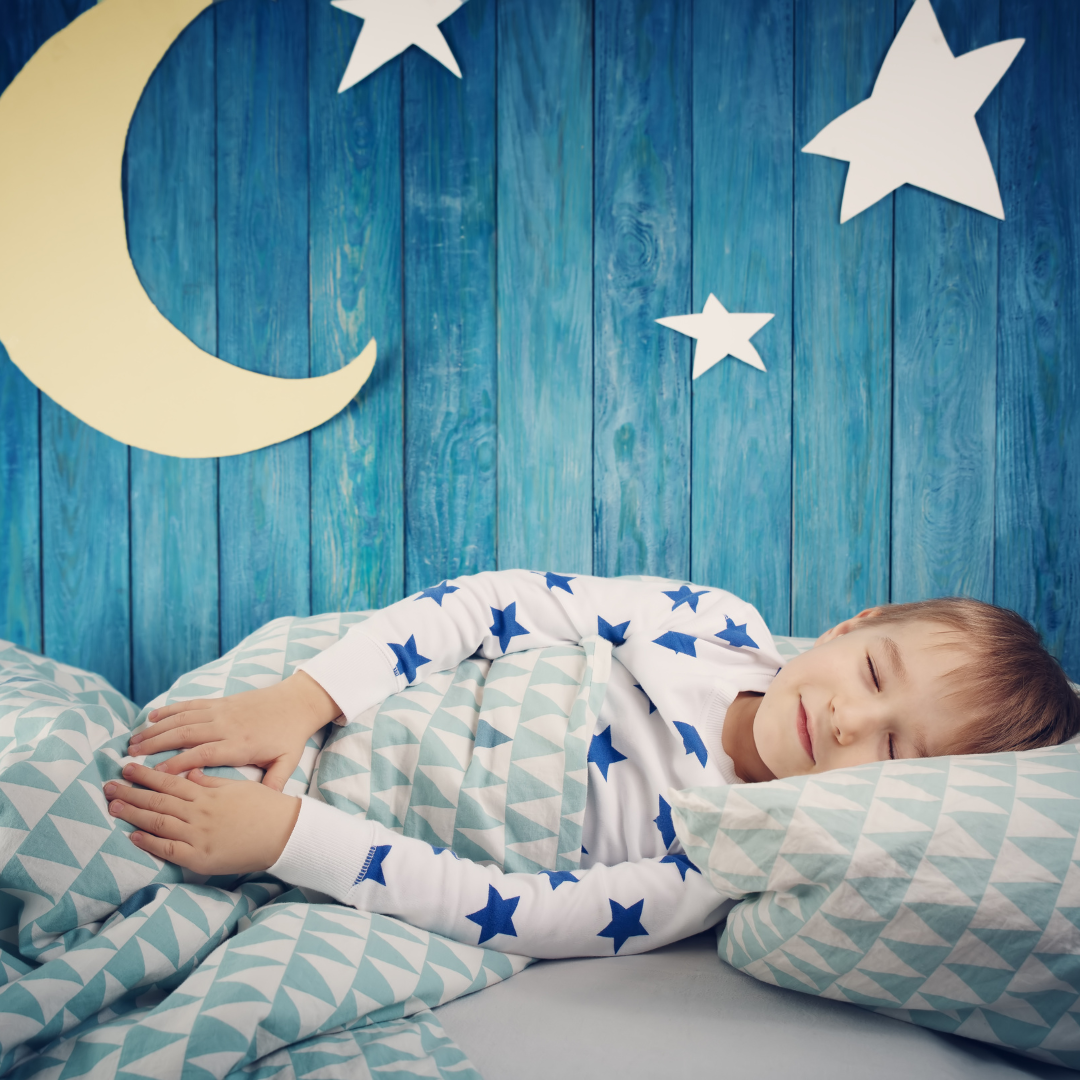Winter bedwetting
Now that the overnight temperatures have dropped, you could be finding your child is wetting their bed. Even children who’ve previously been dry at night, will often start bedwetting when it’s cold. Just like adults, children seem to have a lower tolerance for a full bladder during winter and struggle to ‘hold on’ until they get to the toilet.

Bedwetting, also called nocturnal enuresis, is very common. It tends to happen during the deep phase of sleep and children are often not aware they have wet the bed until they wake in the morning. Unless there are other symptoms, such as burning or scalding when passing wee, bedwetting is considered normal.
Almost 1/3 third of four-year-old children wet the bed. By around the age of six years, this number drops to one in 10.Occasionally, bedwetting continues through the primary school years and into adolescence.
Boys are more likely to wet the bed than girls.
Causes for bedwetting
We don’t always know what causes bedwetting, though there are a few possible reasons:
Genetics plays a role – bedwetting tends to run in families. Parents who were bedwetters themselves are more likely to see the same in their children.
Having a bladder capacity which is on the smaller side.
Children who sleep deeply tend to be more likely to wet the bed.
A delay in the hormone release which causes a slowing down of urine (wee) production overnight.
Constipation – a full bowel can place pressure on the bladder which is in close proximity.
Some children seem to have a ‘soft signal’ to their brain which alerts them to having a full bladder so they wake overnight.
Managing bedwetting
There is never a place for punishment or shaming for bedwetting. It generally happens in such a deep phase of sleep that it’s not under the child’s control, which is why punishment and even praise/rewards tend not to be effective.
Many children are embarrassed and even ashamed by their bedwetting and go to some lengths to hide it. The best way for parents to manage bedwetting is to stay calm and matter of fact when it happens. Waterproof mattress lining, absorbent pads and changes of bed linen help to support the practicalities.
If your child wets in the middle of the night, a folded towel on top of the sheets may be a short-term fix until the morning when sheets can be changed.
Many parents continue to use nappies on their child overnight if they’re bedwetting. However, there can be value in allowing the sensation of wetness against their skin to help the child to wake.
Treatment options for bedwetting
- Not offering your child large amounts of fluid late in the day. Current research supports not restricting fluids in the evenings which can actually delay the process of being dry at night.
- Avoiding any caffeine containing foods and drinks – chocolate, cola and energy drinks can cause bladder irritation and urinary frequency.
- Involve your child in changing their bed and cleaning themselves, if they’re old enough to cooperate.
- Bedwetting alarms can be useful, especially for older children. There are 2 types of bedwetting alarms - Bell and Pad Alarm and Personal (body-worn) alarm. Bell and Pad Alarm scan be hired through pharmacies and children’s hospital departments. You may need to see a physiotherapist or occupational therapist to arrange hire.
- Medications can be useful – specifically a drug called Minirin or DDAVP. This helps to reduce the amount of wee which is produced at night so there is less likelihood of the child’s bladder overfilling overnight. Medications are generally prescribed after a trial with a bedwetting alarm which has not been effective.
When to see a doctor about your child’s bedwetting
Most children have outgrown bedwetting by around the age of seven years. Until then, specific treatment is not recommended because it tends to be ineffective. Many parents (and children) invest a lot of energy and conversation into bedwetting, which has the potential to create household stress and tension.
Most children simply mature out of bedwetting without any specific treatment or management.
- If you or your child are starting to feel frustrated about their bedwetting, it’s reasonable to have a medical review.
- If your child starts soiling themselves (pooing) during the daytime, they may be constipated. This is best managed by improvements in diet, increasing fluids and where necessary, stool (poo) softeners prescribed by a doctor.
- If your child has previously been dry at night (for six months or more) and they start bedwetting again, a review is often useful.
Check with your GP for further individual guidance and support.
Written for babyU by Jane Barry, Midwife and Child Health Nurse, June 2022.